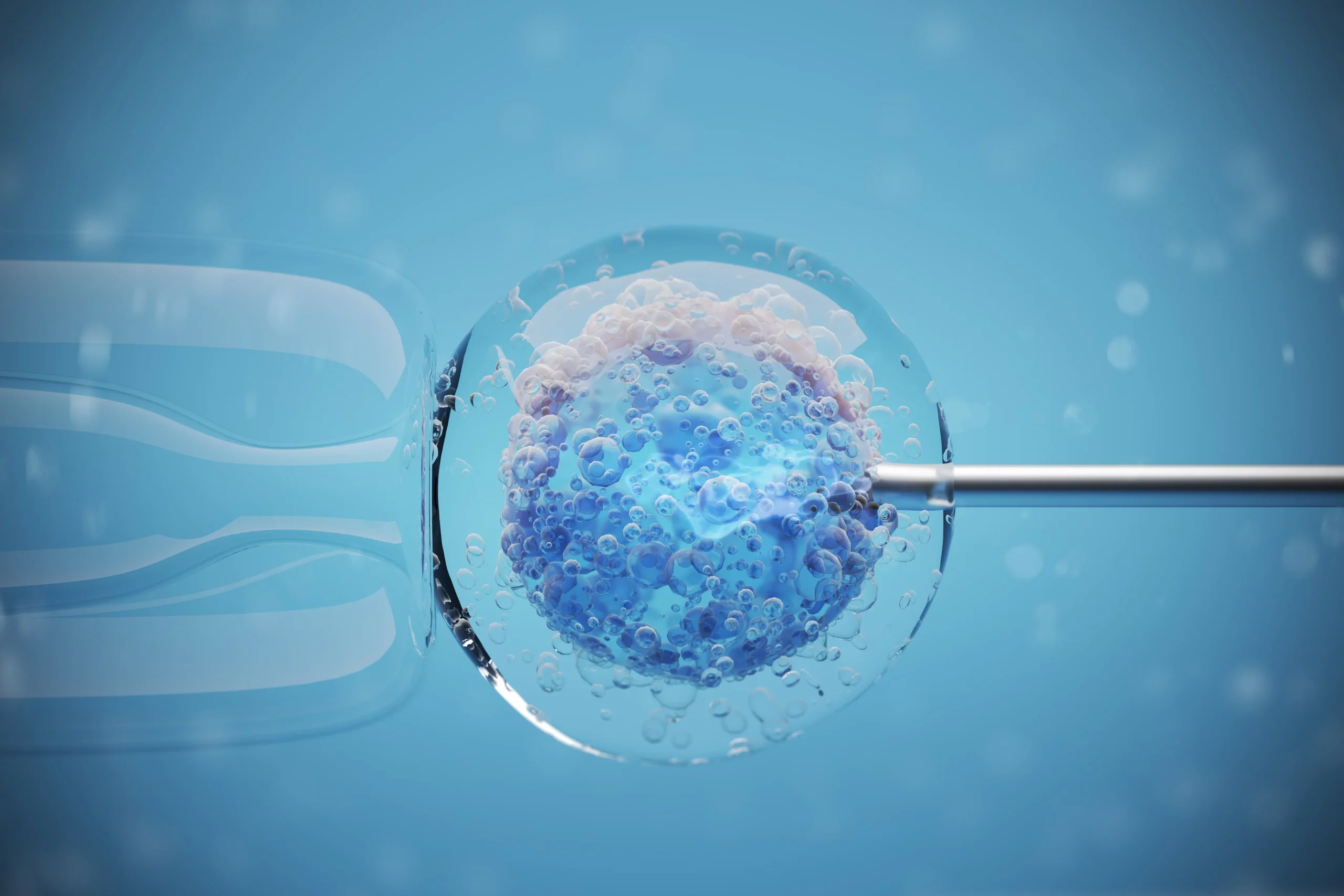
Reproducción asistida
IMSI or Super ICSI
Are you going to undergo an IVF cycle with microinjection (ICSI) and want to improve your chances of embryo implantation and pregnancy? Then you will be interested to learn about this sophisticated spermatozoa selection technique which our biologists use in our laboratories.
IMSI (Intracytoplasmic Morphologically-selected Sperm Injection), also known as Super ICSI (given that it is a technique which improves on the results of ICSI), is a highly sophisticated sperm selection technique. Ginefiv pioneered this technique when it was introduced in 2009.
What is IMSI?
IMSI (Intracytoplasmic Morphologically selected Sperm Injection) is a technique which allows the selection of spermatozoa with no defects or with fewer anomalies in order to perform ICSI, thus increasing the rates of successful implantation and pregnancy.
What does IMSI consist of?
Our biologists use a microscope that is approximately five times more powerful than standard IVF laboratory microscopes (giving it over 6000 times magnification). They are therefore able to examine the spermatozoa in extreme detail and can even observe details of the intracellular organelles, such as the vacuoles which cause destabilisation in the chromatin.
This means they can closely study the morphology of the spermatozoa and rule out those which are deformed or unsuitable for fertilisation, seeing as an egg that is fertilised by a defective spermatozoon usually results in miscarriage. With IMSI, however, being able to select spermatozoa with no morphological anomalies increases the fertility and implantation rates, improving embryo quality and reducing the miscarriage rate.
When should IMSI be used?
In principle, this technique is aimed at anyone who is going to undergo an IVF cycle with ICSI but it is especially suited to couples with oligoasthenoteratozoospermia (OAT) and for patients with prior IVF failures.
IMSI can supplement MACS in cases of severe male infertility, seeing as the latter selects spermatozoa that do not have the membrane markers which indicate an anomaly in the spermatozoon and IMSI selects those which are morphologically best for fertilisation.









